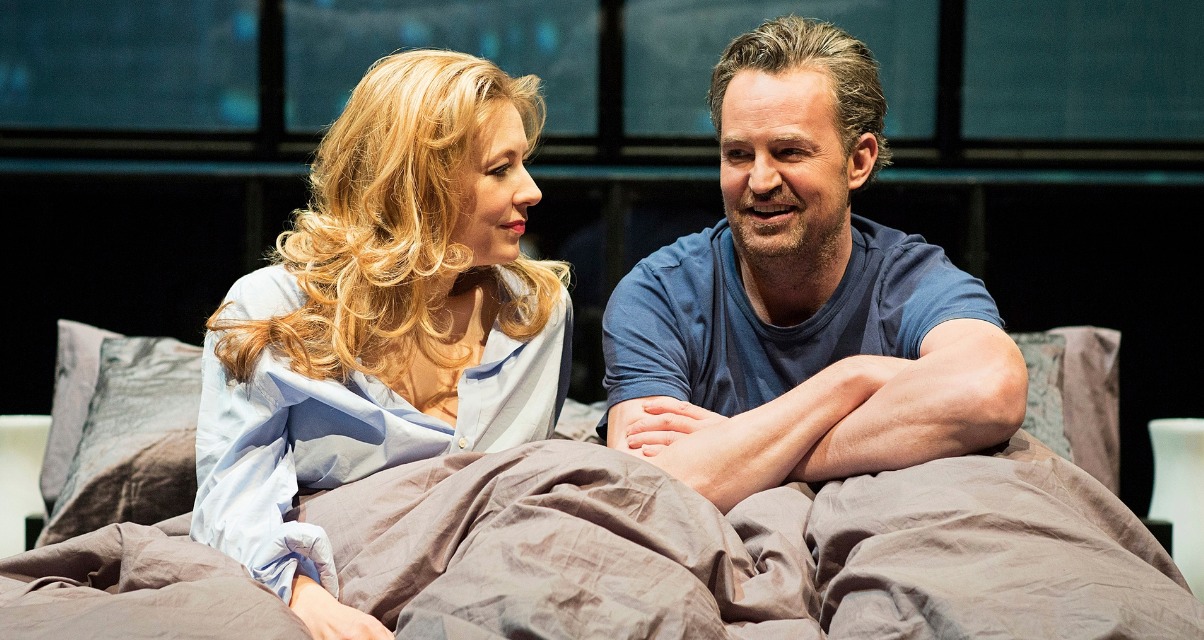The End of Longing review: Could Matthew Perry’s new West End play BE any more like Friends?

The Playhouse Theatre | ★★★★☆
It’s unfair to judge someone’s work based on a project they were involved in many, many years ago. But Matthew Perry, writer and star of new West End play The End of Longing, mentions Friends in the very first sentence of his programme notes, so he’s kind of asking for it.
He says he wanted to write about “the Friends generation, the singles in their 30s and 40s longing for love”. I’d have thought that would be the last thing he wanted to write about; that he’d be more interested in making an Ibsenian submarine drama, or a play about dinosaurs – anything to escape the shadow of Central Perk.
What he actually writes is a kind of soft-hearted delirium tremens nightmare about how Friends might have ended up if Rachel had gone on the game and Monica became fixated on getting knocked up by anyone, literally anyone, who would sleep with her. To all intents and purposes, Perry reprises his role as Chandler Bing, only now he’s a belligerent – but still wisecracking – drunk (a very familiar stupid man called Joseph completes the foursome).
The End of Longing has all the ingredients of a real train-wreck, but four solid performances and rapid-fire sitcom pacing give it the amniotic quality of Saturday night TV. Both the post-Friends landscape and the theme of addiction are familiar territory for Perry, who publicly dealt with his own dependence on drugs and alcohol; his second-half monologue begging for help is heartfelt if a little toe-curling.
You don’t want to think too hard about the casual jokes at the expense of sex work or the stale gender-roles, in which women seek “the one” and men crack jokes about specialist pornography habits, but these moments feel ill-judged rather than mean-spirited.
There’s a warmth to Perry’s writing, a cosy nostalgia in which people’s inherent niceness always seems destined to win the day. If you come expecting Beckett, you’ll hate this play; but not every play needs to be Beckett. We’re thoroughly spoiled for choice when it comes to theatre and there’s enough room for the odd dose of Friends 2.0, with all the sugary sentimentality and pithy one-liners that suggests.
